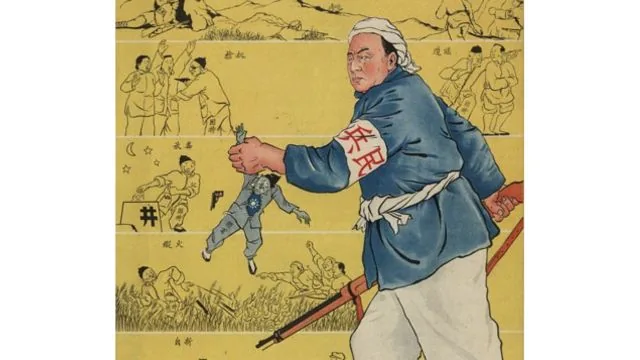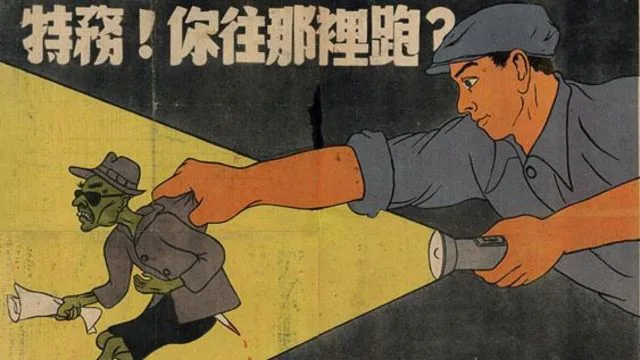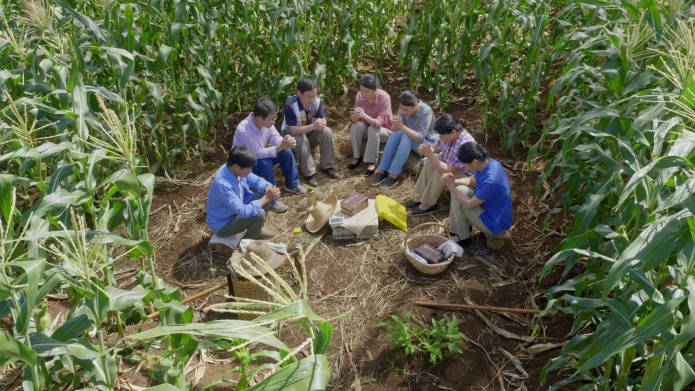The new Law on Guarding State Secrets comes into effect on May 1. It expands the field of secrets to everything the CCP decides is a secret.
by Hu Zimo

If you divulge a state secret in China you will remain in jail for several years and may risk even the death penalty. So, you want to know what exactly a state secret is. The problem is—this information is secret.
If this gives you, as a foreign reader, a headache, imagine the situation for Chinese citizens and for foreign companies operating in China. The latter have already seen last year a series of arrest of their Chinese employees accused of trying to obtain or divulging state secrets. Now everybody has to deal with the new “Law on Guarding State Secrets” (中华人民共和国保守国家秘密法) coming into effect on May 1, 2024.
The law is an amendment to the existing Law on Guarding State Secrets, which was enacted in 1988 and revised in 2010. Its stated aim is to strengthen the protection of state secrets and national security, and to prevent leaks, espionage, and sabotage.
The law defines state secrets as matters that relate to the security and interests of the state in various fields. The problem is that what is a state secret is very much unclear, as only broad categories are indicated. Indeed, the law expands the definition of state secrets to include matters that have not been defined as secret by any authority but may still affect the security and interests of the state if disclosed.
Article 13 explains that “The following matters involving national security and interests, which may harm the country’s security and interests in the political, economic, national defense, diplomatic and other fields if leaked, shall be determined as state secrets: (1) Secret matters in major decisions on national affairs; (2) Secret matters in national defense construction and armed forces activities; (3) Secret matters in diplomacy and foreign affairs activities and secret matters that are subject to confidentiality obligations to the outside world; (4) Secret matters in national economic and social development; (5) Secret matters in science and technology; (6) Maintaining national security activities and investigating secret matters in criminal cases; (7) Other secret matters determined by the national Confidentiality Administrative Department. Secret matters of political parties that comply with the provisions of the preceding paragraph shall be classified as state secrets.”

In other words it is a state secret what the CCP decides is a state secret, even after it has been revealed. “National affairs,” “social development,” “criminal cases” can all encompass human rights issues and the repression of “illegal” religion. And there is always the reference in Article 13, number 7, to “other matters” the CCP may regard as secret on a case-by-case basis.
The new text also grants more authority to the National Security Commission, the State Secrecy Bureau, and other relevant departments to supervise and inspect the implementation of the law, and to investigate and punish violations. The law also increases the penalties for violating the law, which range from warnings and fines to imprisonment and the death penalty, depending on the severity and consequences of the violation.
The law may have a chilling effect on the freedom of expression, information, and communication in China, especially of journalists, scholars, activists, and lawyers, who may face more restrictions and risks in their work. The law may also affect the cooperation and exchange between China and other countries and regions, especially in the areas of business, science, and technology as it may create more barriers and uncertainties for foreign entities and individuals who deal with matters at risk of being defined as “state secrets.”
Not good for the economy, thus. But perhaps creating a climate of terror and trying to prevent any information detrimental to the CCP from being shared on social media or leaked abroad—including to “Bitter Winter”—is regarded as more important.
Source: BITTER WINTER












